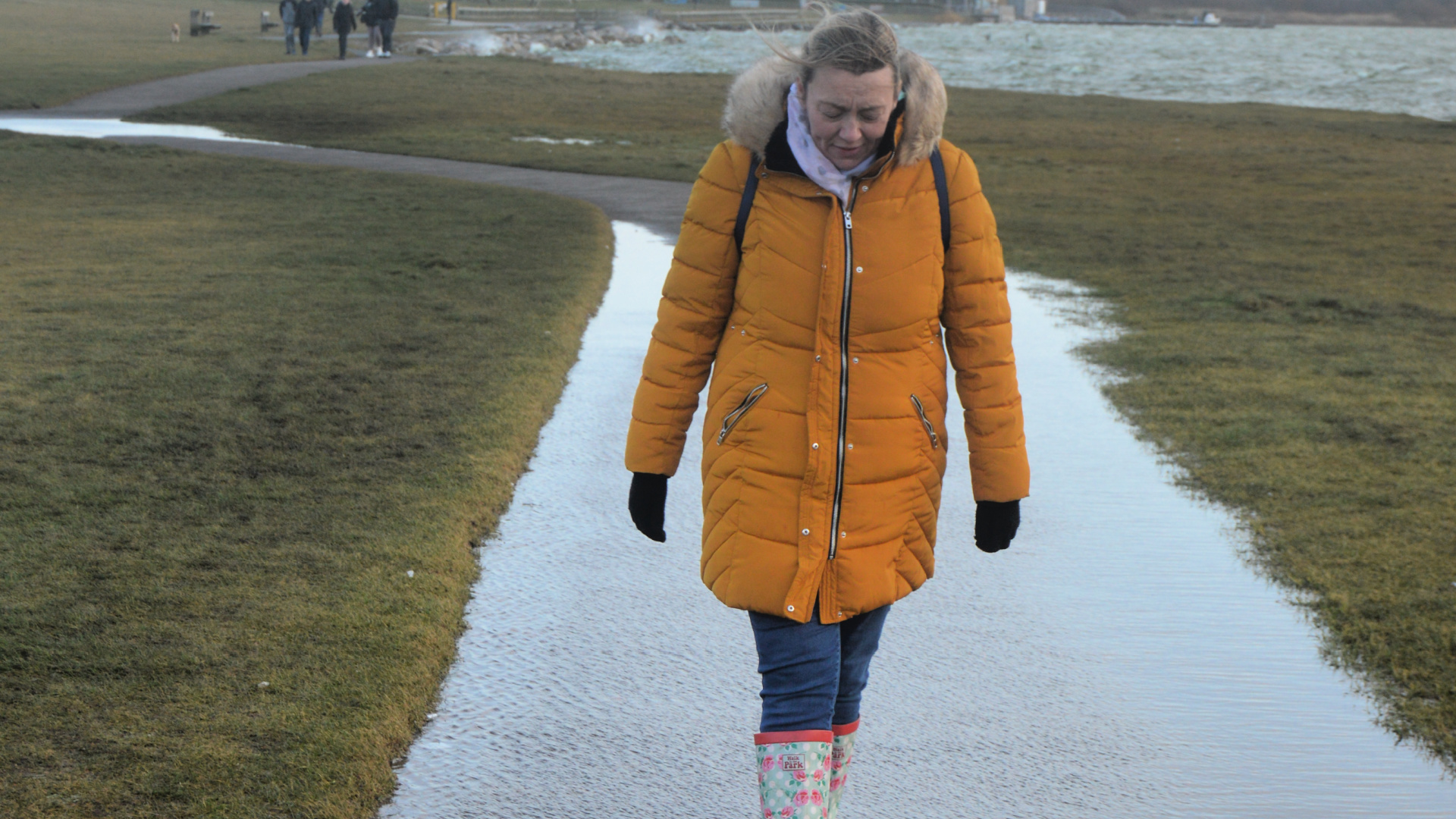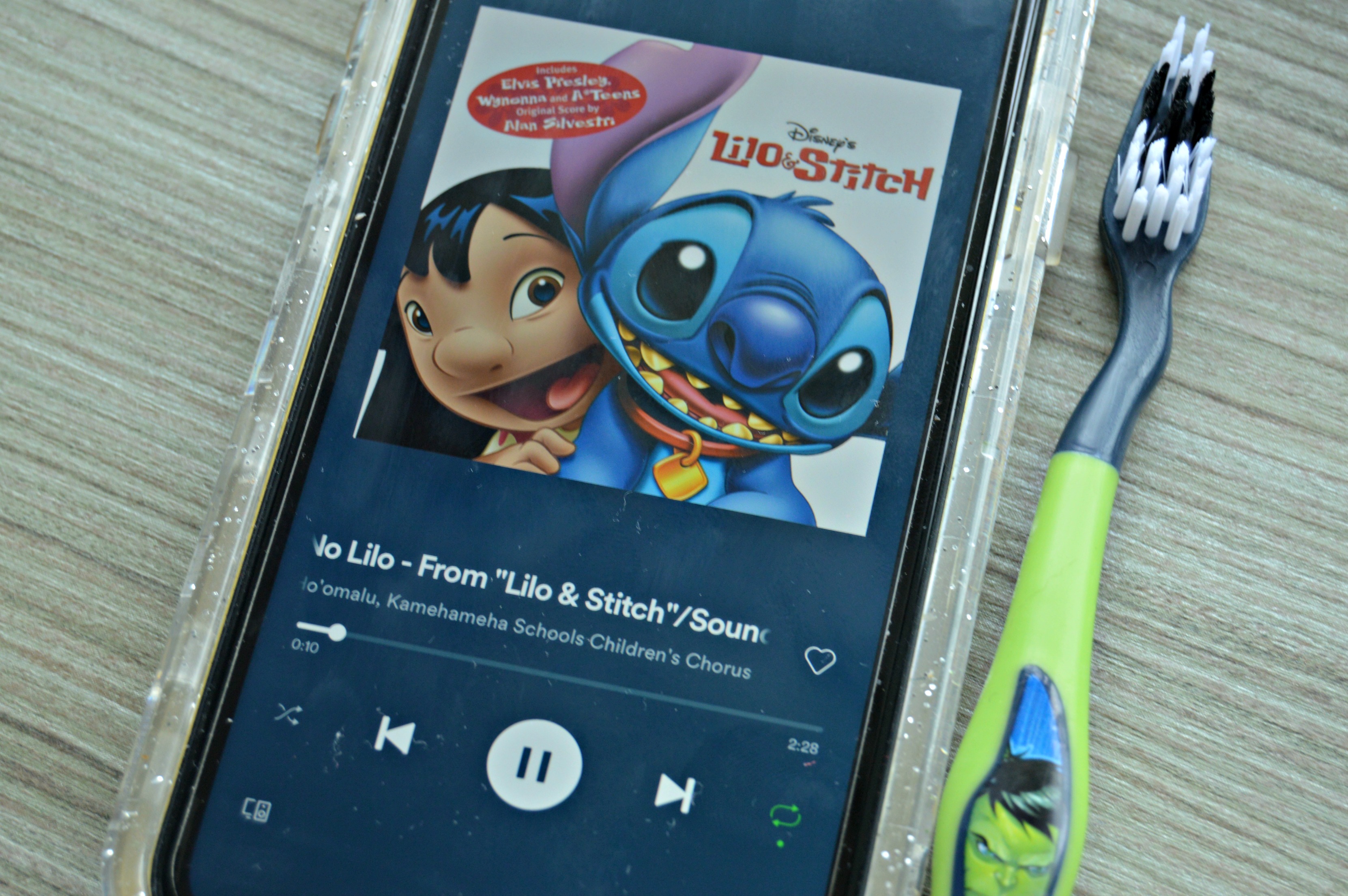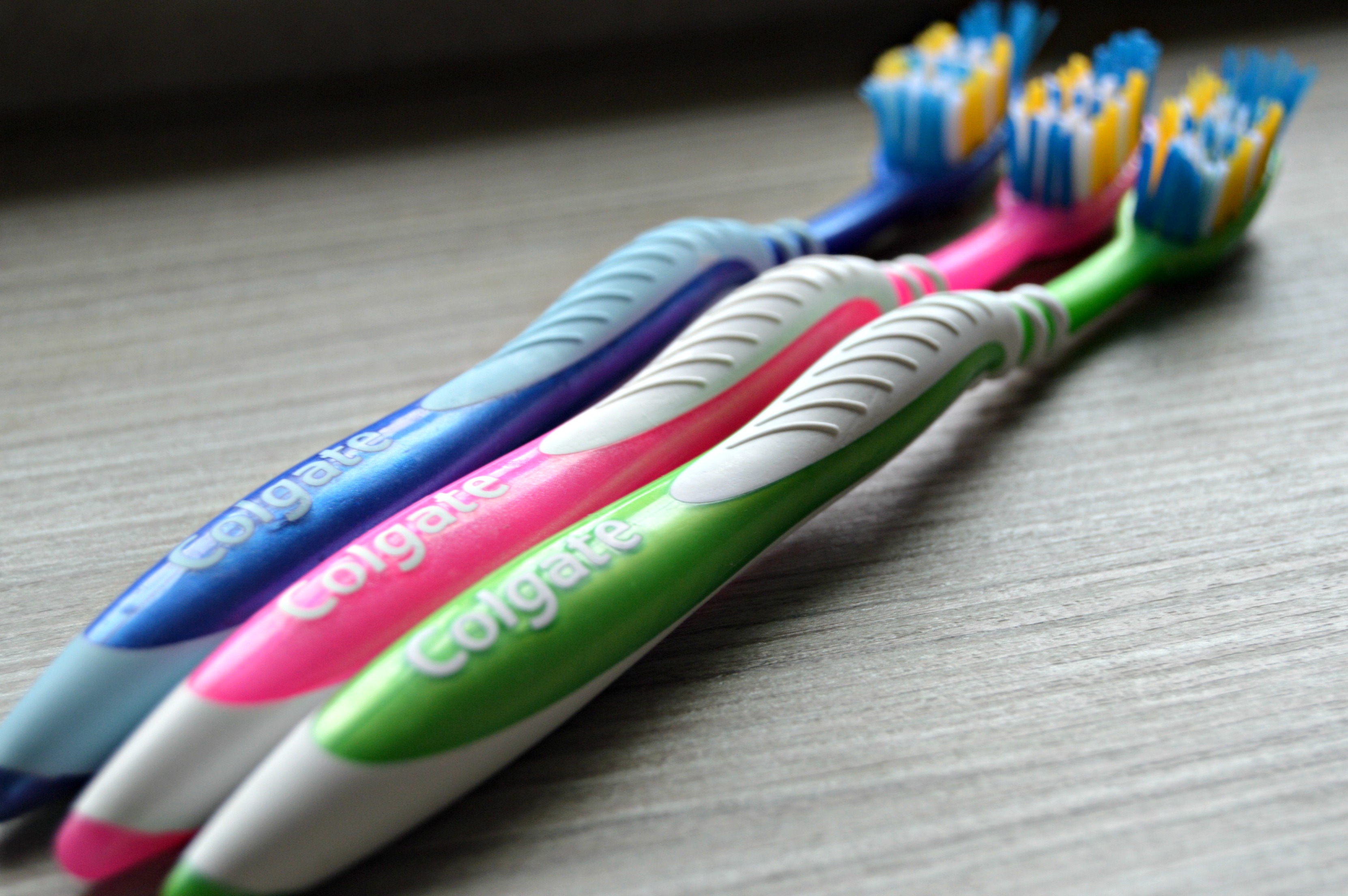So we managed seven days back at school before we received a phone call to say little J had been coughing in class and that we needed to pick him up. Little J seemed fine in himself however he was coughing. We had two choices. We could try and get a Covid19 test to rule out Covid, or we would all self isolate for 10 days and hope he improved during that time. Luckily we managed to get a test the next morning and received our results the morning after confirming a negative result.
We were all quite nervous getting the test as we didn't know what to expect but it all went well so I thought I would share what to expect when having a Covid19 test.
When Should You Book A Test
If you have coronavirus symptoms, you need to get a test done as soon as possible. Ideally you need to get the test done in the first 5 days of having symptoms for the test to be most accurate.
The main symptoms of Covid19 are a high temperature, a new continuous cough or a loss or change to your sense of smell or taste.
Booking A Test
Trying to get a test is proving quite difficult at the moment depending on where you live. You need to visit the gov.co.uk website to
book a covid19 test. You need to be prepared to answer lots of questions and once completed you will be offered a choice of walk in or drive through test centres. Most tests are available from 8am-12:30pm.
After Booking Your Test
You will be emailed and also sent a text to confirm your test details. You will need to bring the QR code and photo ID with you when you arrive at the test centre.
Arriving At The Drive Through Test Centre
When you arrive at the test centre you stay in your car and leave your windows closed. You will be asked to confirm your identity by showing your QR code, photo ID or text message. They will also check your car registration. Once your identity has been checked you will be shown where to go.
Staff will be there to show you which way to go. We reached a cabin and a man told us to wind down our window just enough for him to slide through the grey plastic bags. Each bag was open with contents inside, numbered with a bar code and receipt attached. We were told to keep the contents inside the bag until instructed to open.
We joined the queue of cars and waited to enter a numbered tent which we drove in to once it was our turn.
A staff member approached our car window and confirmed our names and checked our car registration again. He told us we would be performing the Covid19 test ourselves and that he would give us instructions on how to perform the test on adults and then on children.
Performing The Test
Once you are ready to perform the test you open up your plastic bag.
Inside is a tissue and some anti bacterial hand gel. You must blow your nose before the test and use the hand gel provided to clean your hands afterwards.
Next you will open up the swab. At our test centre we were told to swab each of our tonsils for 5 seconds each and then use the same swab up one nostril for 10 seconds. This seems to vary at test centres.
Swabbing the back of the throat isn't a nice experience especially if you have a strong gag reflex but if you can try and not let the swab touch your tongue.
Once you are ready choose one nostril and push the swab as far up as you can until you feel some resistance.
Once finished remove the swab and place in the liquid filled tube inside the bag. The swab is to big for the tube so you have to snap it at the line on the stick.
Ensure the lid is placed on the tube tightly and wrap in the soft pad provided and place in the clear bag.
All your rubbish goes in to the grey plastic bag just make sure you remove your receipt beforehand that is attached to the bag.
If a child is to be tested and is under 11 you will need to do the test for them. The process is exactly the same however we did not swab the back of the throat inside we had to swab both nostrils for 10 seconds each. It was harder to gauge when the swab was high enough but I just used my own judgment and also the look on little J's face.
Thats it. You are done and the member of staff will scan the bar codes on the bags and link them to your name. They will do this through the window.
You then drive to another tent where you will place your swabs in one bucket and rubbish in the next.
What Happens Next?
Most test results will be delivered via text and email within 24hours however you should allow up to 72hours.
Everyone in the household should isolate until the results have been received.
Once you receive your results you must follow the appropriate guidelines based on the outcome of the test.
The experience wasn't as bad as I thought it was going to be and it's so important to get tested if you have symptoms. It can save lives.
Michelle








